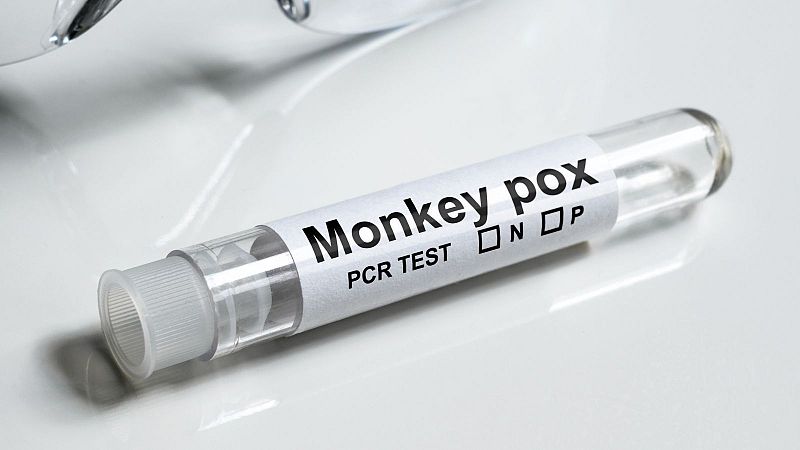UK confirms two cases of new mpox strain in Europe's first household transmissions

The United Kingdom has confirmed two locally transmitted cases of the new, contagious mpox strain, Clade Ib, raising the country’s total to three confirmed cases.
These latest cases were found in individuals living in the same household as a person who tested positive soon after travelling to several African countries currently experiencing outbreaks.
“The overall risk to the general population in the United Kingdom and wider region remains low, but local transmission of clade Ib mpox should be the impetus for health systems across our Region to heighten their surveillance measures and prepare for rapid contact tracing of suspected and confirmed cases,” said Dr Hans Henri P. Kluge, the World Health Organization (WHO) regional director for Europe.
This strain of mpox was initially detected within Europe in Sweden and Germany when both countries confirmed Clade Ib in individuals with recent travel history to Africa.
Since then, however, no additional cases or local transmissions have been reported, according to the European Center for Disease Prevention and Control (ECDC).
While this marks the first instance of local transmission of this mpox strain in Europe, the UK Health Security Agency (HSA) said that the healthcare professionals are prepared to respond to any additional confirmed cases.
"Mpox is very infectious in households with close contact and so it is not unexpected to see further cases within the same household,” professor Susan Hopkins, the agency’s chief medical adviser, said in a statement.
“The overall risk to the UK population remains low. We are working with partners to make sure all contacts of the cases are identified and contacted to reduce the risk of further spread,” she added.
The WHO stated that mpox mainly spreads through close physical contact, including sexual contact, but it can also be transmitted by touching contaminated items, such as bedding or clothing.
To reduce the risk of infection, WHO/Europe advises avoiding close contact, including sexual contact, with anyone showing symptoms, maintaining good hand hygiene, and getting vaccinated if available, especially when planning to travel to regions experiencing mpox outbreaks.
“This report is relevant because these two additional cases might indicate household transmission of clade 1b mpox outside Africa for the first time. However, more details about these 3 cases are necessary to determine if transmission indeed happened in the UK,” Dr Jonas Albarnaz, an institute fellow at the Pirbright Institute, commented.
He also said that detecting cases among household contacts shows the effectiveness of surveillance and contact-tracing efforts implemented by countries.

